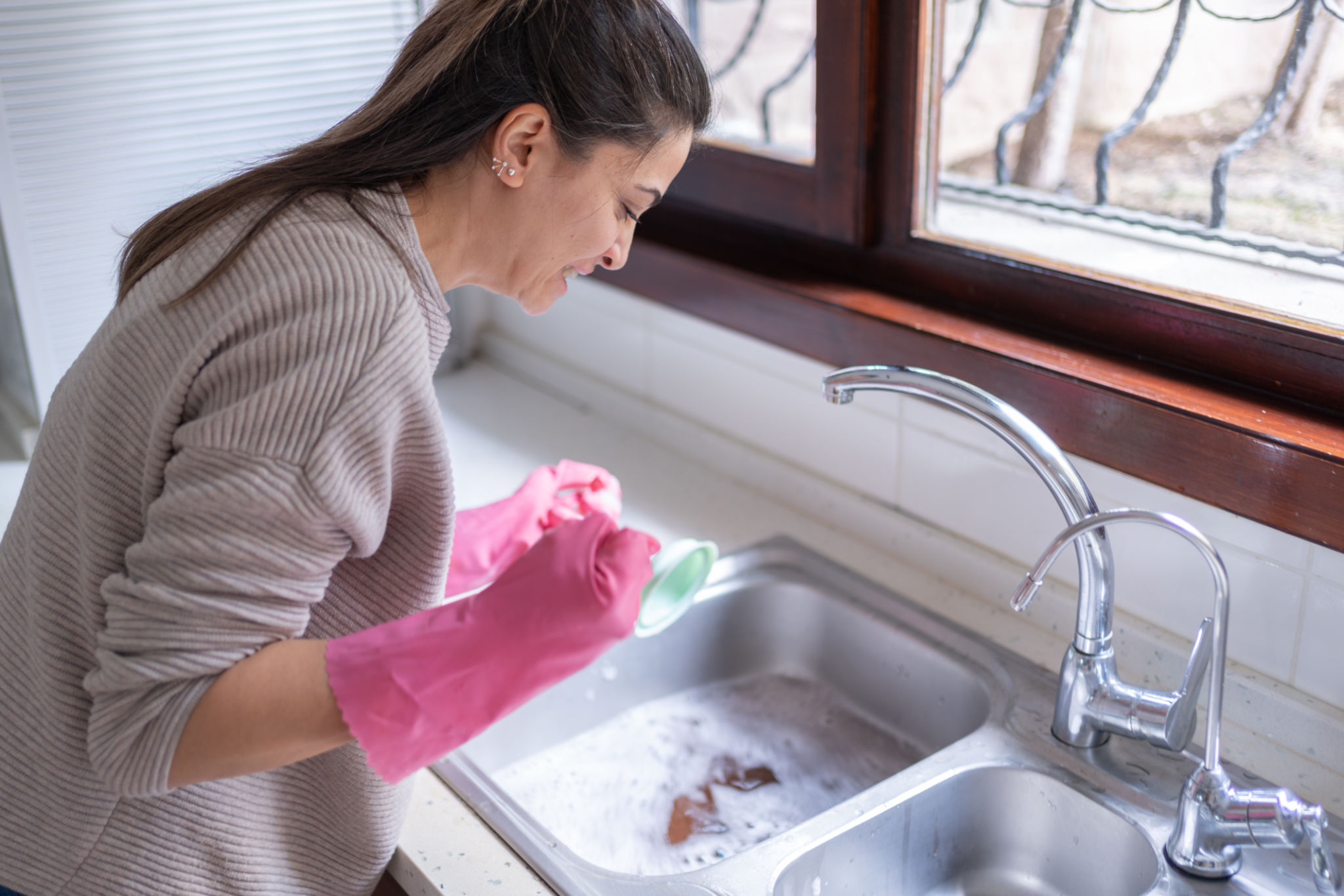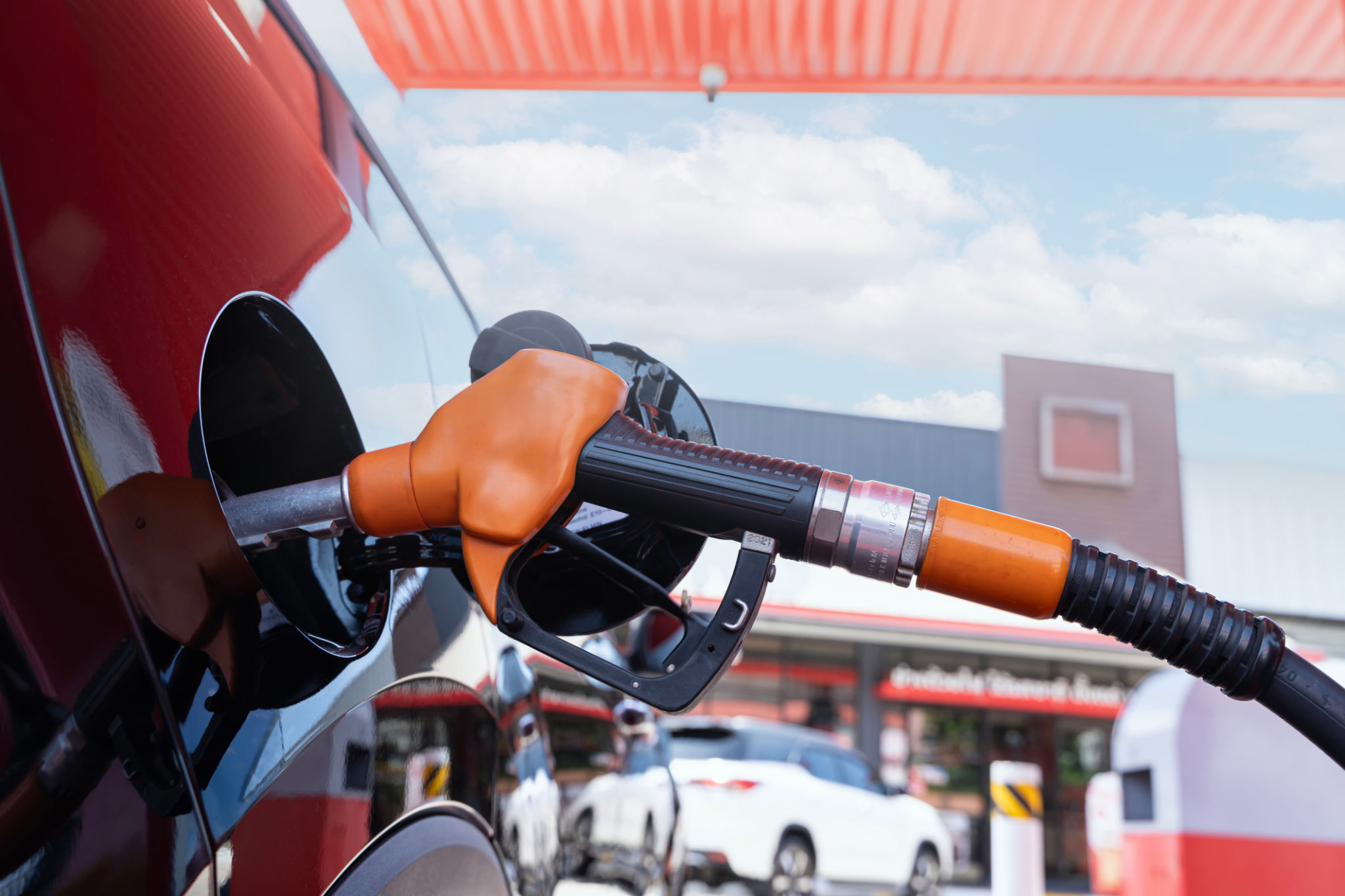Avoiding Common Mistakes When Disposing of Used Cooking Oil
The Importance of Proper Disposal
Disposing of used cooking oil might seem like a mundane task, but it's crucial for environmental health and safety. Improper disposal can lead to clogged pipes, polluted waterways, and harm to wildlife. Understanding the correct methods for disposal not only aids in maintaining a clean environment but also promotes sustainability.
Many people pour used cooking oil down the drain, thinking it's harmless. However, this is one of the most common mistakes and can lead to severe plumbing issues. The oil solidifies and combines with other debris, creating blockages that are costly to repair.

Avoid Pouring Oil Down the Drain
One of the fundamental rules is to avoid pouring oil down the sink. Instead, consider these alternatives:
- Reuse: If the oil is still clean, consider reusing it for another cooking session.
- Recycle: Many recycling centers accept cooking oil to convert it into biodiesel.
- Collect and Dispose: Collect the oil in a sealable container and dispose of it with your regular waste.
By following these steps, you can prevent potential damage to your home plumbing and contribute to a healthier environment.
Using Biodegradable Alternatives
If recycling or reusing isn't an option, consider switching to biodegradable oils. These oils break down more easily in nature and are less harmful to the environment. While they might be slightly more expensive, the long-term benefits for the ecosystem make them worth considering.

Additionally, some communities offer collection services for used cooking oil, making it easier for residents to dispose of their waste responsibly. Check with your local waste management authorities to see if such services are available in your area.
Effective Storage Solutions
Before disposing of your cooking oil, it's essential to store it correctly. Use a container with a tight-fitting lid to prevent leaks or spills. Glass jars or sturdy plastic containers are excellent options. Label the container clearly to avoid any confusion or accidental consumption.
Storing used oil properly also makes it easier to transport if you're planning to recycle it at a designated facility. Remember, keeping it in a cool, dark place can prevent any unpleasant odors from developing.

Educational Community Initiatives
Many communities have started initiatives to educate residents about proper cooking oil disposal. These programs often include workshops and informational materials that emphasize the importance of responsible disposal practices.
Participating in these initiatives can not only enhance your knowledge but also empower you to spread awareness among friends and family. Through collective effort, communities can significantly reduce environmental impact and promote sustainable living practices.
Conclusion
Avoiding common mistakes when disposing of used cooking oil is essential for both environmental well-being and personal responsibility. By following the suggested practices, such as using designated recycling centers, reusing oil when possible, and opting for biodegradable options, you contribute positively to sustainability efforts.
Remember, every small step counts towards creating a healthier planet. Make informed choices and encourage others to do the same for a cleaner and greener future.